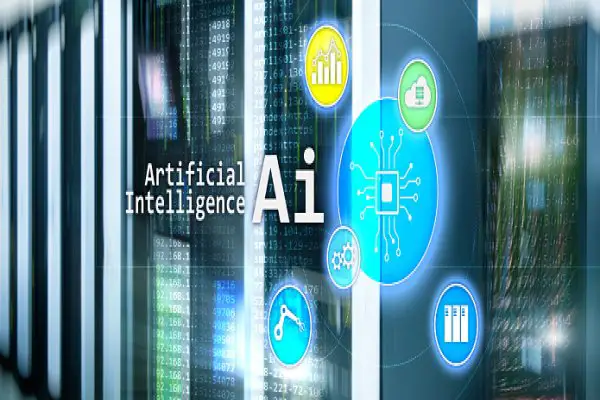Copyrights and the future of music have become more complex with AI-generated songs, such as those featuring Eminem, the Weeknd, and Drake, leading to questions over who is eligible for protection.
Crossing legal lines is the question posed when a video surfaced of DJ David Guetta playing an AI-generated track, which sounded reminiscent of Detroit rapper Eminem. Artificial intelligence has been utilized for essay writing, advertising, and music production.
Recently, an AI-generated track called “Heart on my Sleeve,” featuring both Drake and The Weeknd, was shared via social media platforms such as TikTok and Spotify and received millions of listens. Despite its popularity, the song was not officially released commercially and was eventually removed from the internet.
Anderson, an associate professor of composition at Wayne State University, specializes in composition.
Anderson says:
“There’s a very fine line here between creativity and copying, or stealing. I think the ethics of whose material that we’re tampering with become a huge part of the problem,”
“If our music is being used in a way we don’t approve, that is probably the scariest thing of being an artist today. A lot of us are by ourselves. We don’t have representation of huge conglomerations,”
Whether it is a famous artist renowned for their awards or a musician teaching at a college, consent is always necessary for any situation. Its absence can bring about negative consequences.
The rise of AI-generated songs raises important questions about copyright law, creativity, and authorship in the digital age. While the use of AI in music production has the potential to revolutionize the industry and expand artistic horizons, it is crucial to ensure that artists are fairly compensated for their work and that legal protections are in place to safeguard against copyright infringement. By carefully approaching AI in music production, we can ensure that this technology benefits artists, audiences, and society.
Source: FOX 2 Detroit



